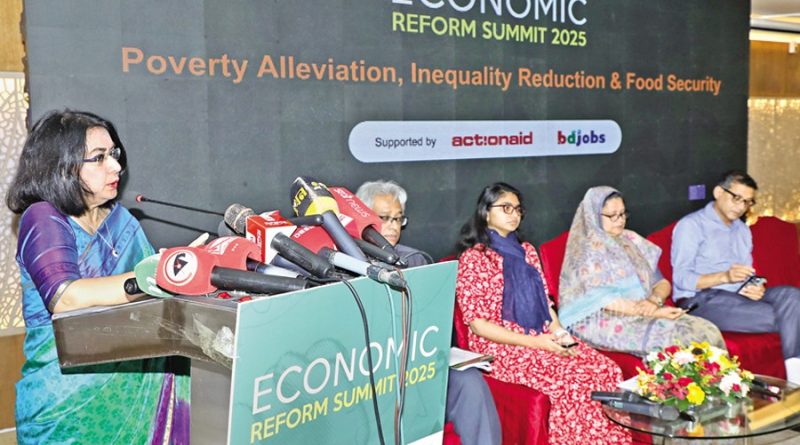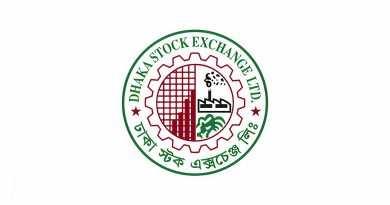Bangladesh’s economic future hinges on a bold shift in policy direction, as discussed at the recently concluded two-day Economic Reform Summit 2025. Experts gathered in Dhaka highlighted the urgency of ensuring macroeconomic stability, boosting investment, and creating jobs to sustain the country’s growth.
During the summit’s final session on Tuesday, speakers stressed that incremental policy changes are no longer enough. “We need a new growth model that focuses on productivity, diversification, and stronger institutions,” they argued. The current approach, they warned, could lead to stagnation and lost competitiveness if urgent reforms are not implemented.
One of the major concerns raised was the shrinking fiscal space, driven by rising interest payments and insufficient revenue generation. Public and private investments, according to experts, are still lagging behind what is needed to drive sustainable growth.
“Without decisive action, Bangladesh risks sliding into a prolonged low-growth cycle, which will reduce job creation capacity,” a key speaker noted. As part of the solution, the summit recommended strengthening the financial sector, particularly by recapitalizing distressed banks and ensuring Bangladesh Bank’s independence.
In addition, the need for a diversified financial system was emphasized, with discussions focusing on developing non-bank financing instruments like treasury bonds, corporate bonds, and mutual funds. This would reduce the country’s reliance on commercial banks for long-term capital.
Trade policy was another critical area discussed. Participants urged the government to abolish the 1% export tax and simplify customs procedures, making it easier and cheaper for exporters to do business. “Without prioritizing foreign direct investment in emerging sectors like food processing, light engineering, and toys, Bangladesh will struggle to go beyond its reliance on ready-made garments,” speakers warned.
Addressing energy and logistics constraints was also a top priority. Modernizing ports and expanding LNG imports were highlighted as essential steps to ensure uninterrupted energy supply, especially for man-made fibre-based industries. Additionally, participants called for the removal of duties on solar equipment to support the transition toward greener industrial practices.
Job creation, particularly for the country’s youth, was a central theme. Experts noted that addressing unemployment requires more than just macroeconomic adjustments—it demands alignment between education and labor market reforms. The SME sector, which accounts for nearly 80% of employment but only 24% of GDP, was identified as a key area needing transformation.
“Too many small, informal enterprises are trapped in a cycle of underdevelopment due to limited access to credit and formal markets,” one discussant pointed out.
The summit concluded that without addressing these systemic issues, Bangladesh risks creating a generation of educated youth who remain underemployed, unable to contribute fully to the economy’s potential growth.






